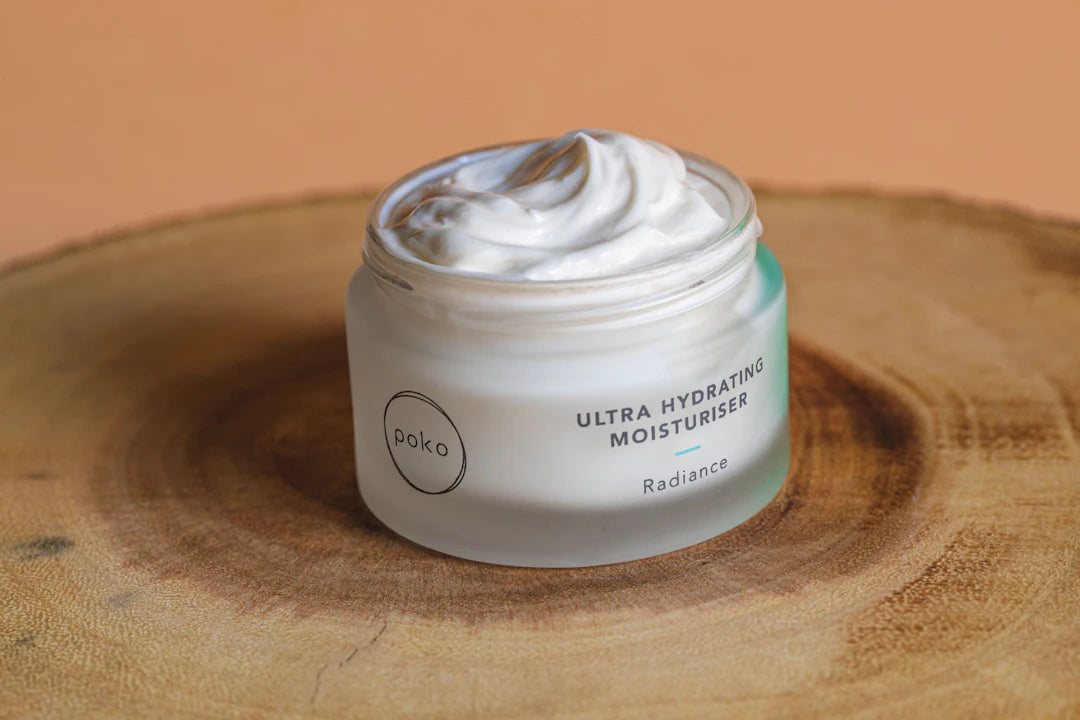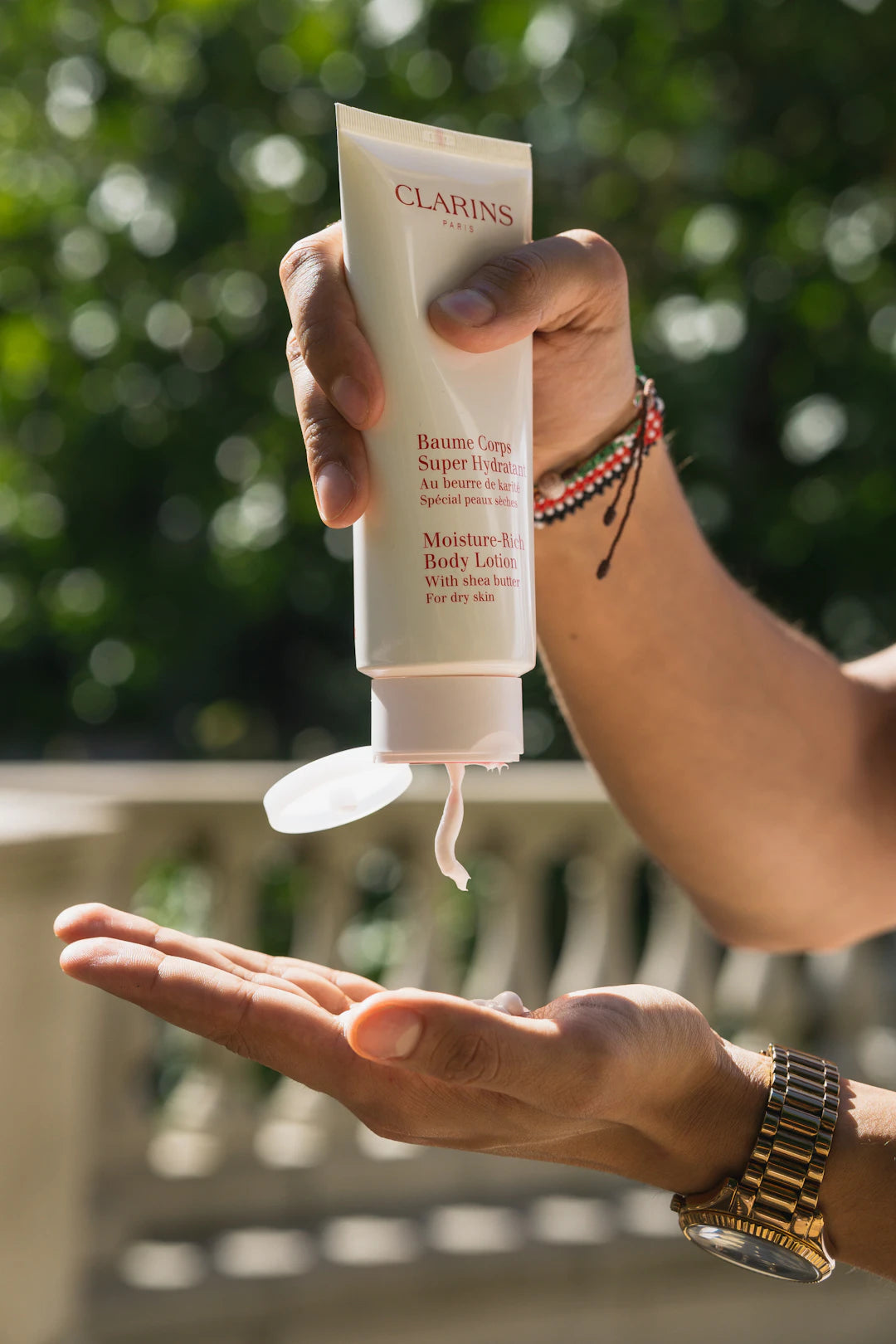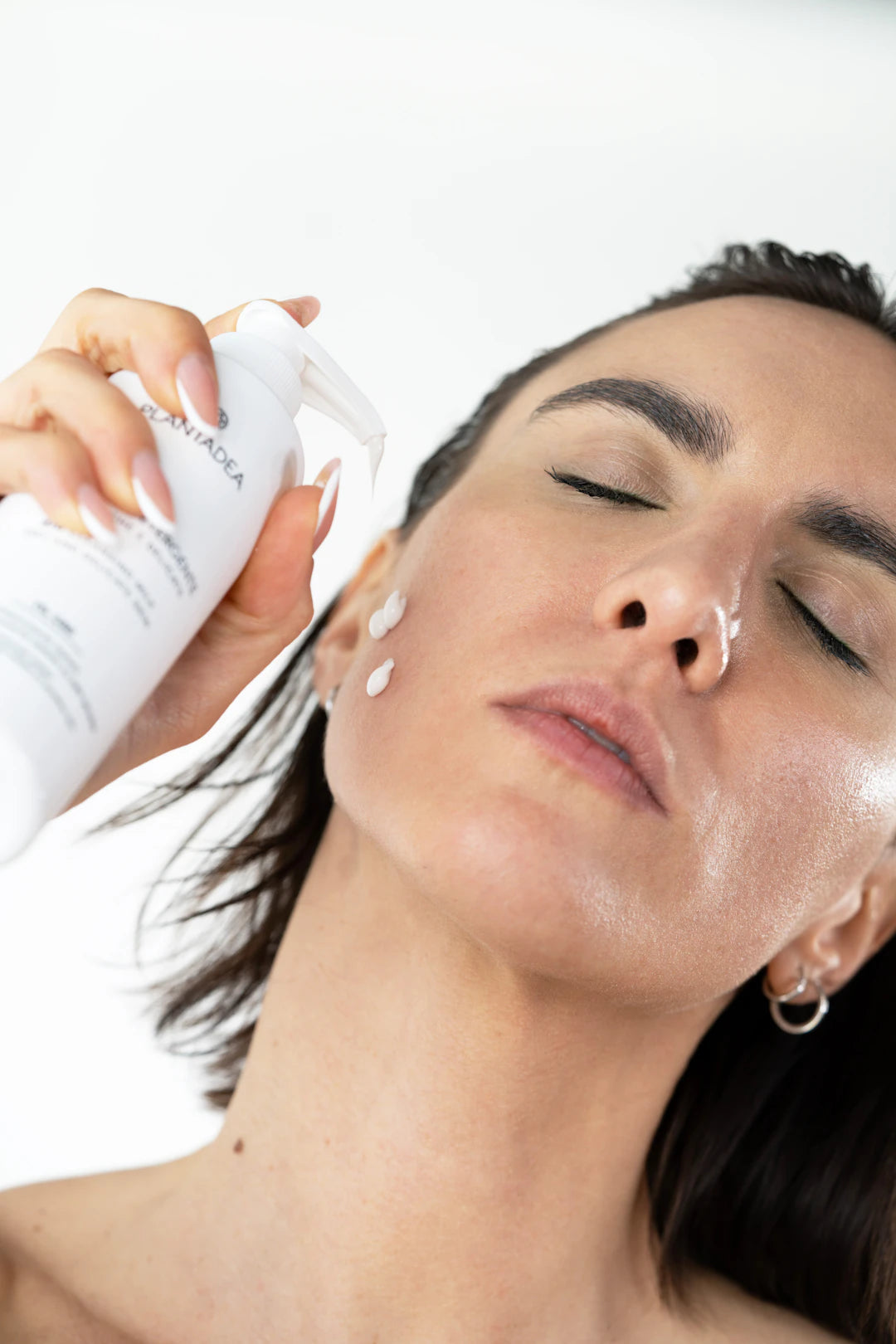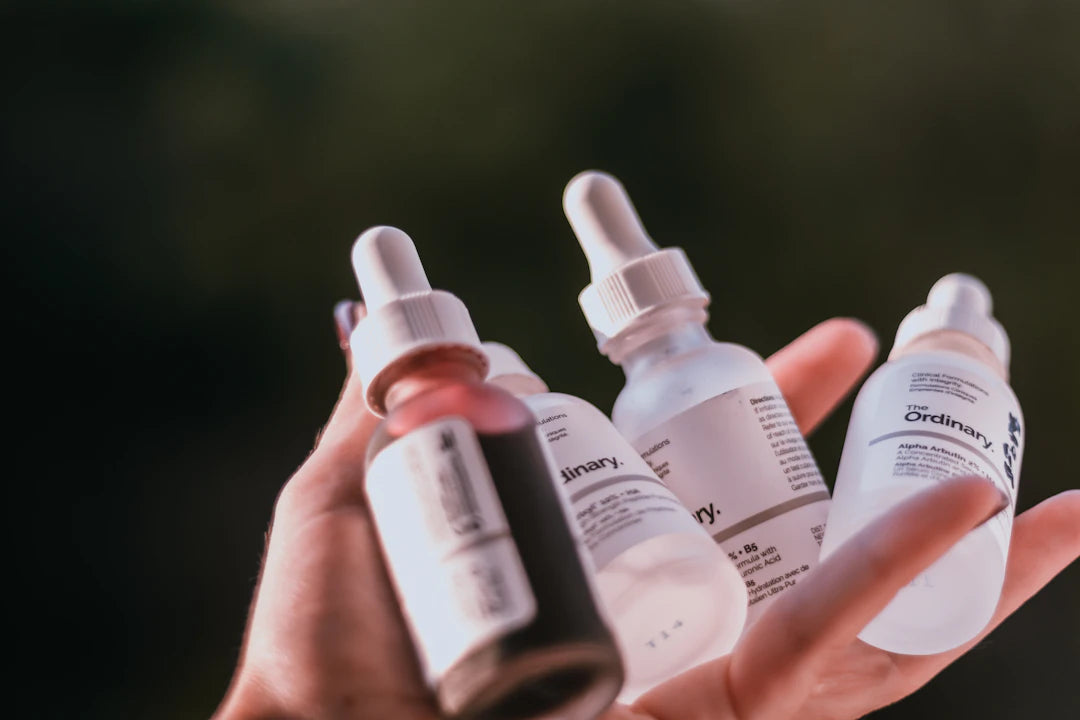Essential Tips for Choosing the Right Moisturizer

Overview
Choosing the right moisturizer is essential for healthy skin. Identify your skin type (normal, dry, oily, combination, or sensitive) and look for key ingredients like hyaluronic acid, vitamin E, and glycerin. Always apply moisturizer after cleansing and consider products with SPF for sun protection. Test new moisturizers on a small area first, and remember that consistent application leads to the best results.
Frequently Asked Questions
1. How often should I moisturize my skin?
2. Can I skip moisturizer if my skin is oily?
3. Is it necessary to use a separate eye cream?
4. What ingredients should I look for in a moisturizer?
5. When is the best time to apply moisturizer?
Choosing the perfect moisturizer can make a significant difference in your skincare routine. With countless options available, understanding how to select a moisturizer tailored to your skin type is crucial. This guide will walk you through essential steps and factors to consider when picking your ideal moisturizer, ensuring your skin remains hydrated and healthy.
Understanding Your Skin Type
The first step in choosing a moisturizer is to identify your skin type. Everyone's skin varies and requires different care. Here are the primary skin types along with recommendations for each.
Normal Skin
If your skin isn’t too oily or too dry with few blemishes, you likely have normal skin. Look for a lightweight moisturizer that provides hydration without feeling greasy. A cream featuring hyaluronic acid serum can be an excellent choice to retain moisture without overpowering your skin.
Dry Skin
Individuals with dry skin often experience flakiness or tightness. For this skin type, opt for a rich, creamy moisturizer that contains nourishing ingredients, such as shea butter or glycerin. Heavy emulsions can trap moisture and prevent further water loss, giving your skin the rich hydration it craves.
Oily Skin
Oily skin usually appears shiny and may be more prone to breakouts. When choosing a moisturizer for oily skin, it’s essential to select lightweight, non-comedogenic products. Gel-based moisturizers are ideal as they hydrate the skin without clogging pores, and they often contain ingredients that balance oil production.
Combination Skin
Combination skin reveals characteristics of both dry and oily skin, with varying levels of oiliness typically in the T-zone. For this skin type, it's best to use a balanced moisturizer that can provide hydration to dry areas while controlling excess oil in other areas. Look for non-greasy, versatile formulations that cater to diverse skin needs.
Sensitive Skin
If your skin tends to react severely to various products, you may have sensitive skin. Choose gentle, fragrance-free moisturizers designed specifically for sensitive skin. Ingredients like aloe vera and chamomile can help soothe the skin, while hyaluronic acid serum can provide hydration without irritation.
Key Ingredients to Look For
Once you identify your skin type, it's time to delve into the ingredients that make a moisturizer effective. Knowing essential components can greatly enhance your skincare routine.
Understanding Hyaluronic Acid
Hyaluronic acid is a powerhouse ingredient in the skincare community. It has the unique ability to hold up to 1,000 times its weight in water, making it a superstar for hydration. Incorporating a moisturizer that contains hyaluronic acid serum can profoundly improve skin’s moisture levels, regardless of your skin type.
Vitamin E
Vitamin E is renowned for its antioxidant properties. It promotes skin healing and protects against oxidative damage. Moisturizers containing vitamin E can help improve skin texture while reducing scarring and fine lines.
Glycerin
This ingredient is a humectant that attracts moisture to the skin. Glycerin-rich moisturizers are excellent for maintaining hydration levels, particularly for individuals with dry skin. Look for this ingredient on labels to ensure effective moisture retention.
Natural Oils
Natural oils like jojoba oil, argan oil, or coconut oil can provide deep hydration and essential fatty acids. They create a protective barrier on the skin, locking in moisture and preventing water loss. However, oily skin types should use these oils with caution to avoid clogging pores.
The Importance of Sun Protection
Hydration and skin protection should go hand in hand. When selecting a moisturizer, consider incorporating one with SPF to shield against harmful UV rays. Daily sun protection is essential for preventing premature aging and protecting overall skin health.
Choosing the Right SPF
Look for a moisturizer that offers broad-spectrum protection, which shields against both UVA and UVB rays. Typically, a minimum SPF of 30 is recommended for effective prevention against sun damage.
Testing Your Moisturizer
Before committing to a moisturizer, always perform a patch test. Apply a small amount to an inconspicuous area of skin to check for reactions or irritations. This simple step can save you from potential allergic reactions, giving you confidence in your choice.
When to Use Your Moisturizer
Timing is crucial in skincare. To maximize hydration, apply your moisturizer immediately after cleansing. This is when skin is most receptive to absorb moisture and lock it in for lasting hydration throughout the day or night.
Layering Products Effectively
If you’re using additional skincare products, apply your moisturizer after serums or treatments but before sunscreen (daytime) or heavier creams (nighttime). The layering technique helps each product serve its purpose without interfering with others.
Frequently Asked Questions
How often should I moisturize my skin?
For optimal hydration, it's best to moisturize at least twice a day—once in the morning and once at night before bed. However, if you have dry skin, you might find it beneficial to reapply throughout the day as needed.
Can I skip moisturizer if my skin is oily?
No! Oily skin still requires hydration to maintain a balanced moisture barrier. Skipping moisturizer can lead to dehydration, prompting your skin to produce more oil and potentially leading to breakouts. A lightweight, gel-based moisturizer is perfect in this case.
Is it necessary to use a separate eye cream?
While some moisturizers can be used for the face and eye area, it’s often recommended to use a specific eye cream designed for that delicate skin. The skin around the eyes is thinner and may require different hydration levels, so explore products tailored to meet those needs.
Final Thoughts on Your Skincare Journey
Choosing the right moisturizer is a vital aspect of developing an effective skincare routine. By understanding your skin type, scouting for key ingredients like hyaluronic acid serum, and being mindful of how and when you apply your products, you can achieve the healthy, radiant skin you've always desired. Remember, skincare is a journey; patience and consistency will reward you with beautiful results. Embrace your unique skincare needs and find a moisturizer that compliments your skin in the long run!
Linked Product

Hydrate & Protect Bundle
The Hydrate & Protect Bundle combines a hydrating hyaluronic acid serum with broad-spectrum SPF 46 sunscreen, making it suitable for summer skincare needs. The serum helps maintain moisture levels in the skin, while the lightweight sunscreen provides essential protection against UV rays. This duo is ideal for those seeking a simple, effective way to keep their skin hydrated and safe during warmer months.
View Product

